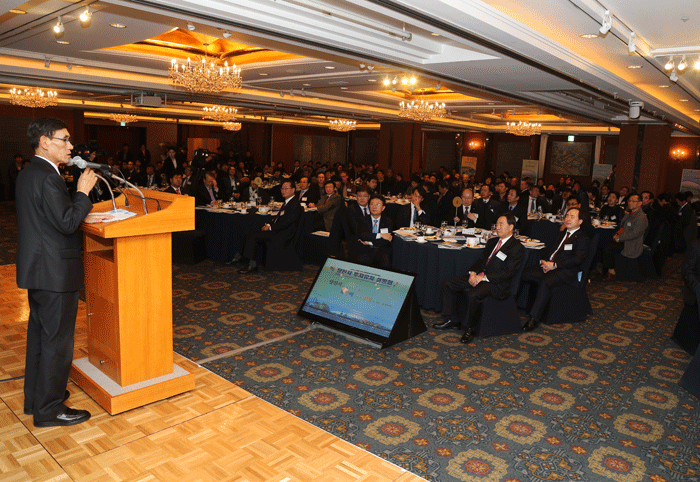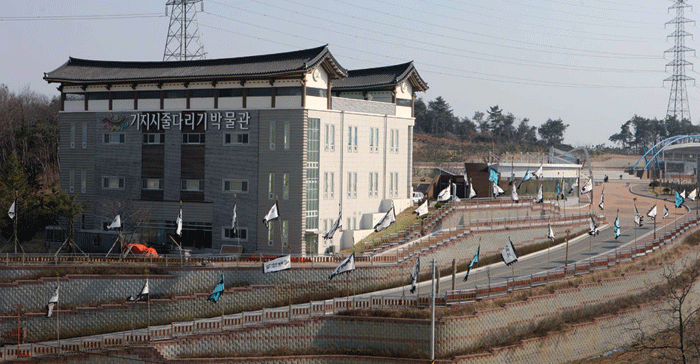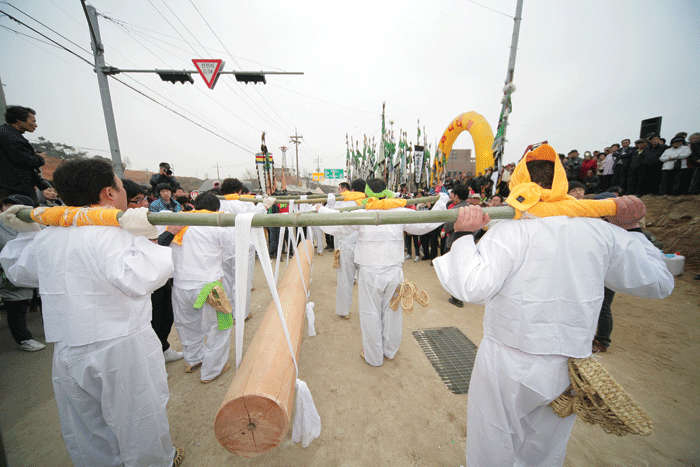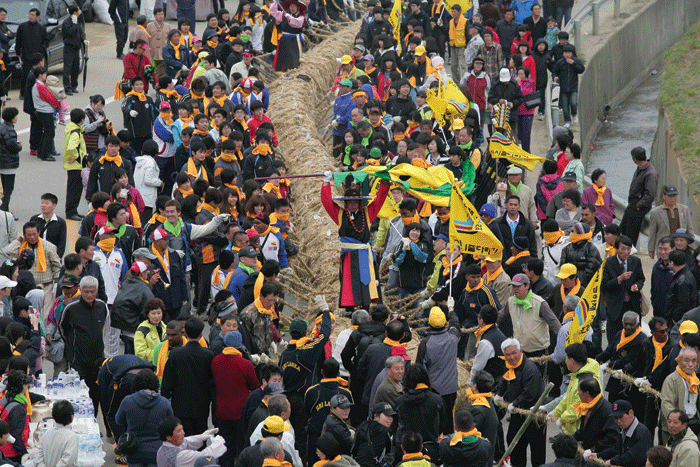Pope to visit Saint Kim Dae-gun Andrea's Birth Place in Dangjin
Located in a blessed region with vast agricultural plains and the sea, Dangjin City of Mayor Lee Cheol-Hwan produces the largest quantity of rice and other agricultural products in Korea and it serves as a transportation hub with the port, railway and an expressway that allows transport to the Seoul metropolitan area in an hour. Situated at a distance of 151 miles away from China by sea, the City has the potential of growing as the international business and trade center in Northeast Asia. With ideal conditions and environment, it constructed 3 national industrial complexes, 5 regional industrial complexes and 8 agricultural industrial complexes, including Seogmun National Industrial Complex, Asan National Industrial Complex, Hapdeok Industrial Complex and Hapdeok & Sunseong Technopolis, to name several of them. Building itself as one of the most thriving industrial cities in the country, these industrial complexes are accommodating more than 1,100 plants and industrial companies, including major steel and other plants. Amid industrialization, citizens and the City government have been paying keen attention to preserving its traditional culture and customs including the Gijisi tug-of-war with a 500-year old history.

Against the backdrop of these ideal conditions and infrastructure, the City government held in February this year a briefing session for inducing investments at a hotel in Seoul. In the briefing session, the City authority introduced advantageous geographical conditions, incentives for investment and popular tourist attractions as well as plans for cruise business and marina facilities, which attracted deep interest from more than 400 attendees, including some 200 companies such as Hyundai Engineering & Construction and Daewoo E&C. In addition to the City government, industrial complex management organizations, including Korea Land & Housing Corporation, Hapdeok Indus Park and Songsan Industrial Complex Development, introduced investment environment and conditions in industrial complexes, highlighting attractive sites. Particularly, Hyundai Steel and Dongbu Steel, which are operating plants in the City, took part in the briefing session to explain their business activities and performances. Potential investors and companies showed positive response to the overall briefing session. Among them, small and medium businesses, which seek to supply materials and components to large manufacturers, expressed deep interest in briefings of leading steel companies.

As a city with a number of traditional culture and folk arts, the City government and the festival organizing committee plan to hold the Gijisi Tug-of-War Folk Festival for 4 days on April 10~13, featuring a variety of games, folk art performances, rites and experiences. Programs will include tug-of-war games, contest of traditional Korean farmers’ music and dance, traditional wedding ceremony, international folk arts performance and exhibition of intangible cultural heritages. The Gijisi tug-of-war was designated as an important intangible cultural heritage by the central government, and the City government is preparing to register it with the UNESCO as an intangible heritage in this year.

Meanwhile, the City authority is actively making preparation for welcoming the historic visit by Pope Jorge Mario Bergoglio Francis in August this year. Pope Francis is scheduled to visit the City in the middle of August to attend the 6th Asian Youth Day set to be held on August 13~17 at the Solmoi Shrine in the City. The Solmoi Shrine is the birth place of Saint Kim Dae-gun Andrea, the first Catholic father in Korea, who was born in 1821 and martyred in 1846 at the young age of 26. The Asian Youth Day event is expected to be taken part by over 5,000 persons from 22 Asian countries, and the City government will provide unreserved support for successful performance of the event as well as for comfort and safety of the Pope.

For balanced development of the city and welfare of citizens, the City government has been actively carrying forward various programs for rural households and less privileged citizens. The farming technique center of the City recently provided training and education programs to mushroom growers and rural community leaders. To help farming households increase income, the center conducted an education program of growing shiitake mushrooms more effectively. The program included methods of seeding, managing woods for culturing shiitake mushrooms, preventing and treating diseases and insect pests, and growing in culture media. The center also conducted training programs for members of rural leaders association and women leaders organization in the City to reinforce bonds among themselves and capability as driving force for development of regional communities. Training programs also included a course of improving health through physical and mental healing. Besides, as part of its policy of stabilizing residential environment and protecting property rights of low-income citizens, the City government recently announced a measure of legalizing a part of small multiplex houses and individual houses that were illegally built or repaired, in case they meet revised criteria. But, owners of such houses are required to pay penalties for infringing the law.

